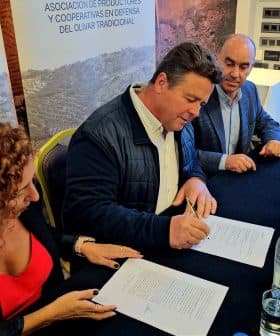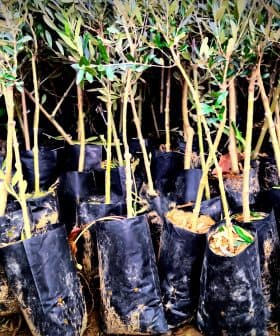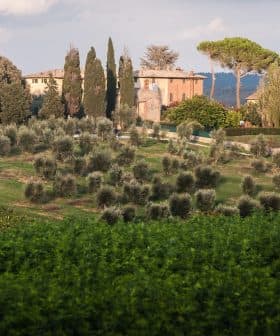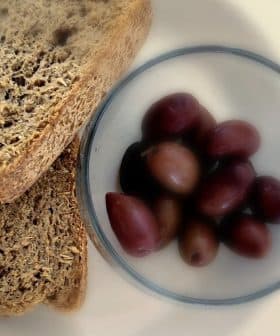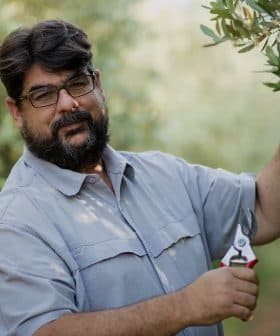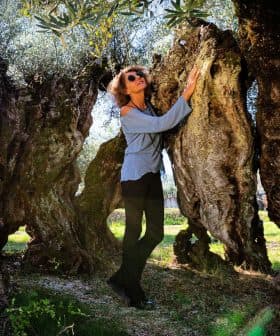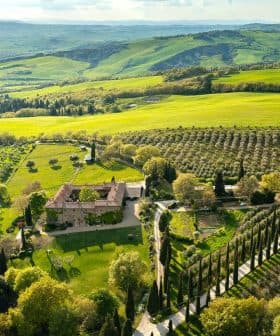New Park in Molise Promotes Olive Tree Biodiversity, Social Inclusion
The first urban olive biodiversity regional park, dedicated to recovering century-old olive trees and promoting social inclusion, has opened in Termoli, Molise, Italy. Supported by local officials and organizations, the park features 80 seedlings of 20 regional olive varieties, trails with educational signage, and inclusive facilities for visitors of all abilities.
The first urban olive biodiversity regional park has opened in Termoli, Molise, a region of south-central Italy.
“The Olive Tree Park is a redevelopment project of an urbanized context that for centuries has been dedicated to the olive tree cultivation,” Nicola Malorni, one of the project’s promoters, told Olive Oil Times.
The creation of this unique place dedicated to olive biodiversity is confirmation of Molise as a small but great laboratory in the olive tree and olive oil sector.
“This translates into recovering century-old olive trees and planting new ones, with the purpose of promoting social and work inclusion of vulnerable individuals and well-being of citizens.”
Inaugurated on the ‘Walking Among Olive Trees Day,’ the project was supported by local officials, Città dell’Olio, an association that includes more than 400 olive-growing municipalities, the Kairos social cooperative and several other local businesses and organizations.
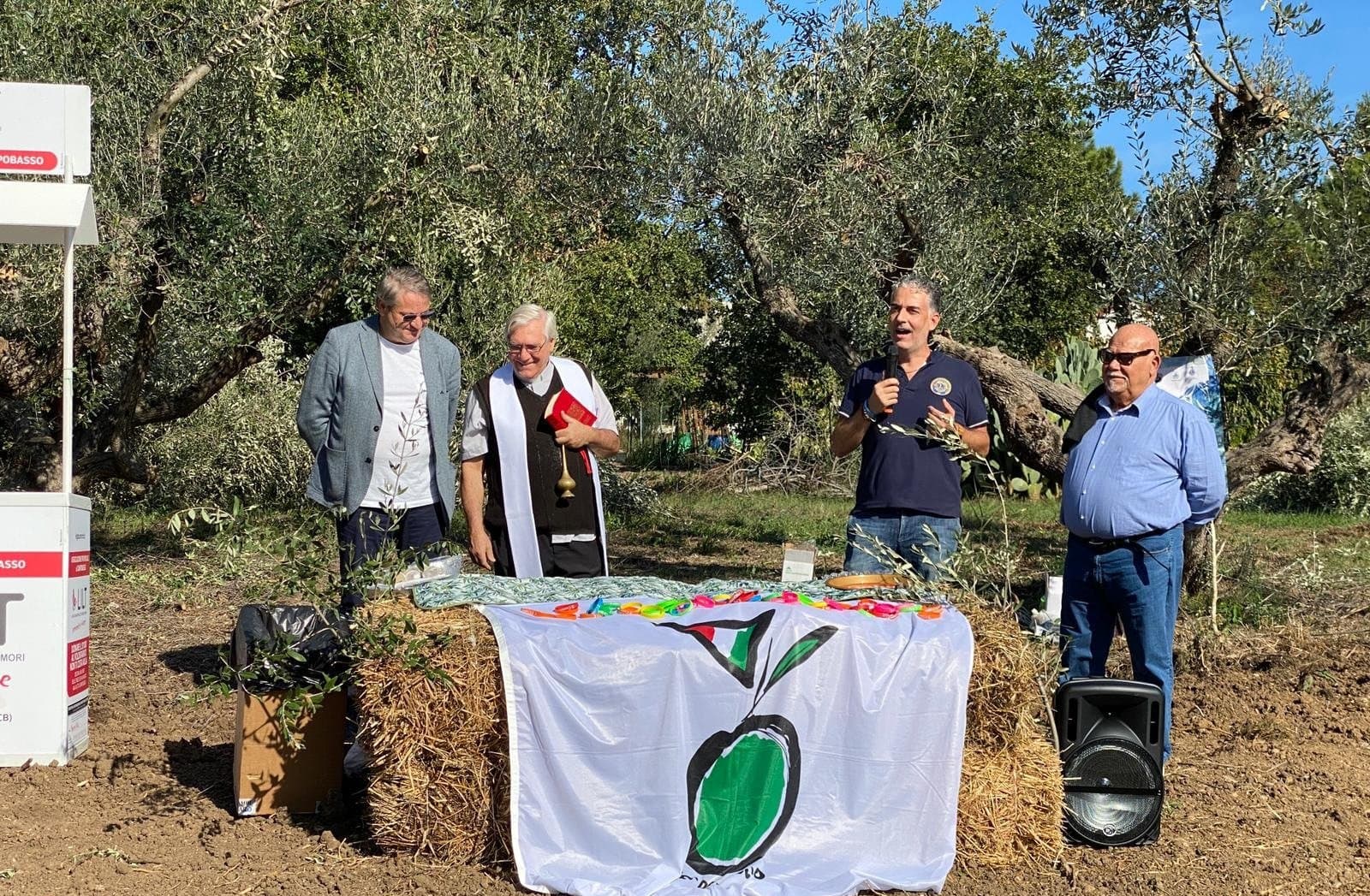
Olive Tree Park inauguration
The park was inaugurated with an olive oil tasting and other festivities centered around olive trees and olive oil.
Eighty seedlings belonging to the 20 registered regional olive varieties were planted: Gentile di Larino, Oliva Nera di Colletorto, Oliva di San Pardo, Salegna di Larino, Aurina, Olivastro d’Aprile, Rossuola, Olivastro Dritto, Sperone di Gallo, Cellina di Rotello, Rumignana, Olivastro, Rosciola di Rotello, Cazzarella, Olivetta Nera, Paesana Bianca, Cerasa di Montenero, Gentile di Mafalda, Paesana Nera and the recently-discovered Olivo Fumo di Guardialfiera.
See Also:Farms in Italy Welcome an Uptick in Agritourism as Challenging Harvest Gets Underway“The creation of this unique place dedicated to olive biodiversity is confirmation of Molise as a small but great laboratory in the olive tree and olive oil sector,” said Pasquale Di Lena, who took part in the development of the project.
Similarly to its other projects, Kairos involved people belonging to vulnerable categories, including victims of violence, people with disabilities and people on probation in the management of the olive grove and extra virgin olive oil production.

Giuliana Conticelli, Nicola Malorni and Desiree Mancinone, founders of Kairos social cooperative
Furthermore, the olive oil produced from the park’s trees will be donated to those in need and local health and social services.
“Besides the inclusion purposes, the project promotes the safeguard of the millenary olive culture of Molise,” Di Lena said.
“Moreover, it helps fight urban pollution thanks to the olive trees’ ability to capture and store carbon dioxide; it enhances a public green area now equipped for cultural, educational and sports activities; it promotes healthy lifestyles and food habits,” he added.
Trails with educational signage informing visitors about the different olive varieties run through the park, which also includes play and fitness areas, a topiary garden with plant sculptures, and a 30-seat agora located in the shade of an ancient olive tree.
“Accessibility is a fundamental point,” Malorni said. “All the itineraries are made with materials and slopes suitable for people with reduced motor and sensory skills. We have also planned the construction of naturalistic engineering works in view of accessible tourism projects.”


